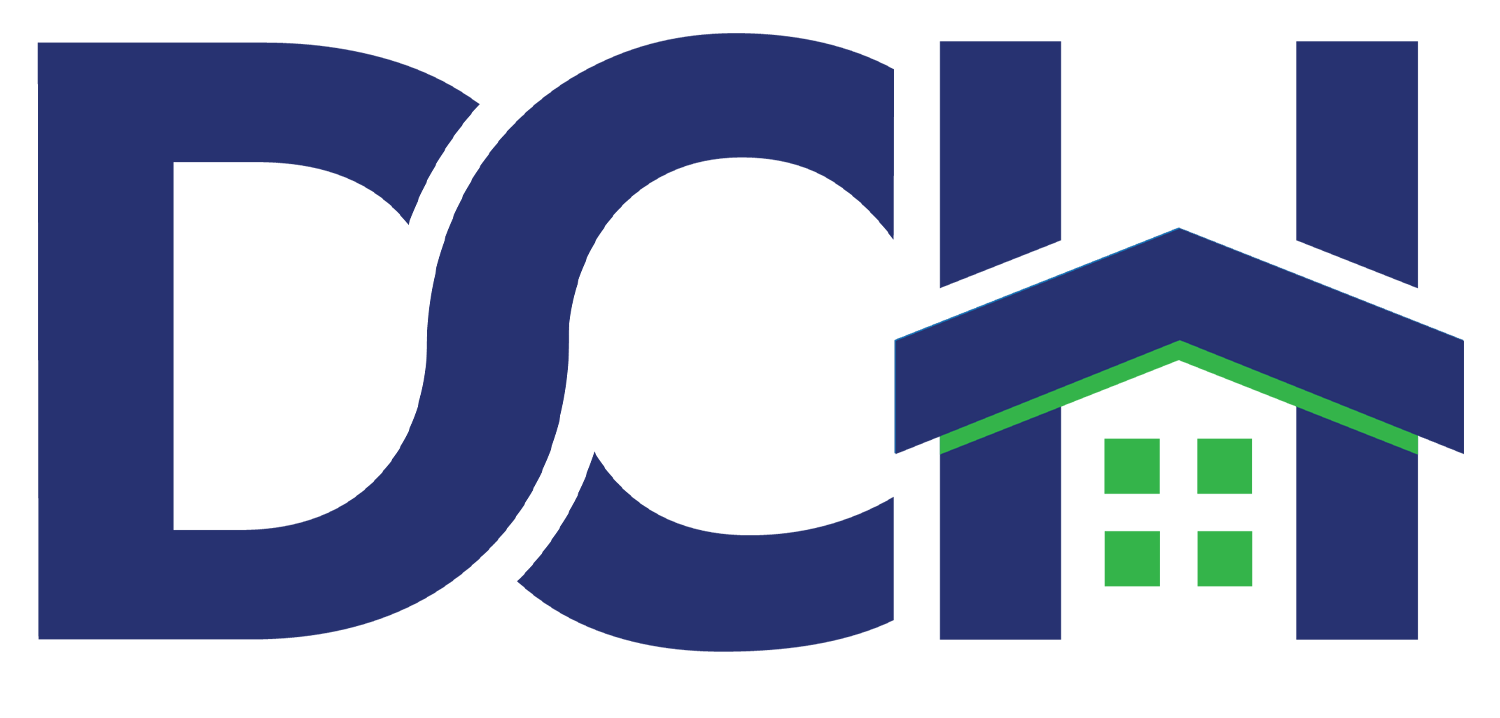The State of Housing in Dallas: Challenges, Progress, and What’s Next
2025 housing predictions include an increase in inventory and a slight reduction in housing costs, however, it is unclear whether the low to middle-income earners will benefit. We face decades of inequity from systemic barriers to affordable and equitable housing and very real supply chain concerns in 2025. Some of the positive inventory reports we are seeing also only tell one side of the story: the availability of higher priced homes. Let’s look at the whole picture, examining current housing trends, policies, and avenues for growth in the DCH State of Housing blog.
Current Dallas Housing Trends
The Dallas housing market is one of the most competitive in the United States. It has experienced rapid population growth, shifting economic conditions and pressures, and increasing demand for affordable and attainable housing. Some of the trends shaping the market include:
Housing Costs: Median home prices in 2024 were $412,000, which is down 8% from 2023. Rental rates in Dallas have climbed significantly, putting pressure on low-to-moderate-income families. The average income in Dallas is around $60,000. Housing is unaffordable for most. Even if housing costs were to lower slightly, we would still need housing to be around $200,000 to be affordable for those earning the median.
Increased Urban Development: A surge in multifamily housing developments reshapes the city’s skyline, but is it affordable? Affordability remains a chief concern in 2025. Since 2000, urban Dallas has grown 35%. This type of growth is rarely sustainable, and we have seen unevenness in development where many communities are displaced where unchecked development and gentrification occur.
Re-Focus on Sustainability: We do continue to see activism and advocacy around sustainable development and attainable housing in Dallas. We are at the forefront of this movement with a number of our partners in progress. There is a growing interest in eco-friendly housing solutions that minimize environmental impact while reducing utility costs for residents. We are also joined by those who see the need for community and provide resources to support our communities of middle and lower income earners.
Policy and Progress
Much of this sounds like bad news, but we are seeing many grassroots initiatives grow to meet the challenges of systemic and market-related inequities in Dallas. Local government leadership, nonprofits, and private developers work to implement new solutions and start new conversations around the change we want to see in housing. Some of the latest policy developments and initiatives include:
Affordable Housing Incentives: The City of Dallas offers programs that encourage and facilitate developers to include affordable units in new projects that have begun to make an impact. This type of mixed income housing is proven to be a sustainable solution.
Zoning Reform: With so much growth, one of the obvious solutions is rezoning. This is a lengthy process and it can be controversial. Ongoing discussions around zoning changes aim, on their face, to increase density and make building affordable housing. Sweeping rezoning is not a solution, but on a case-by-case basis should be considered.
Public-Private Partnerships: Collaboration between The City of Dallas, nonprofits like DCH, and private capital firms can combine resources to create real impacts and lasting change. We continue to see cooperation amongst sectors breed success.
Developing Opportunity
Funding innovation through expanded use of private and public funding, including tax credits and grants are one way opportunities are developing to bridge the affordability gap. Another is through community-led development, whereby residents participate and engage local decision-makers in advocating for their housing needs. Lastly, where we fit in is scaling successful case studies and models. DCH understands how to replicate developments and redevelop to meet the diverse needs of our communities.
On the ground, we are even more committed to being real allies in advocacy. We continue our commitment to develop affordable and mixed-income housing and promote community conditions and policies that support naturally occurring affordable housing. If you are interested in becoming an advocate for equitable and sustainable housing policies that remove barriers to housing equality, join our mission, whether through donations, joining DCH in our volunteer work, or spreading awareness. Your support makes a difference.
Housing is more than a basic need; it’s the foundation of a community.

